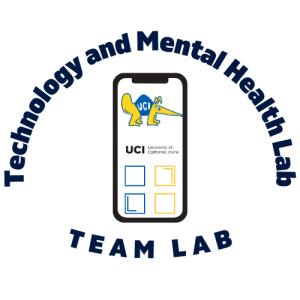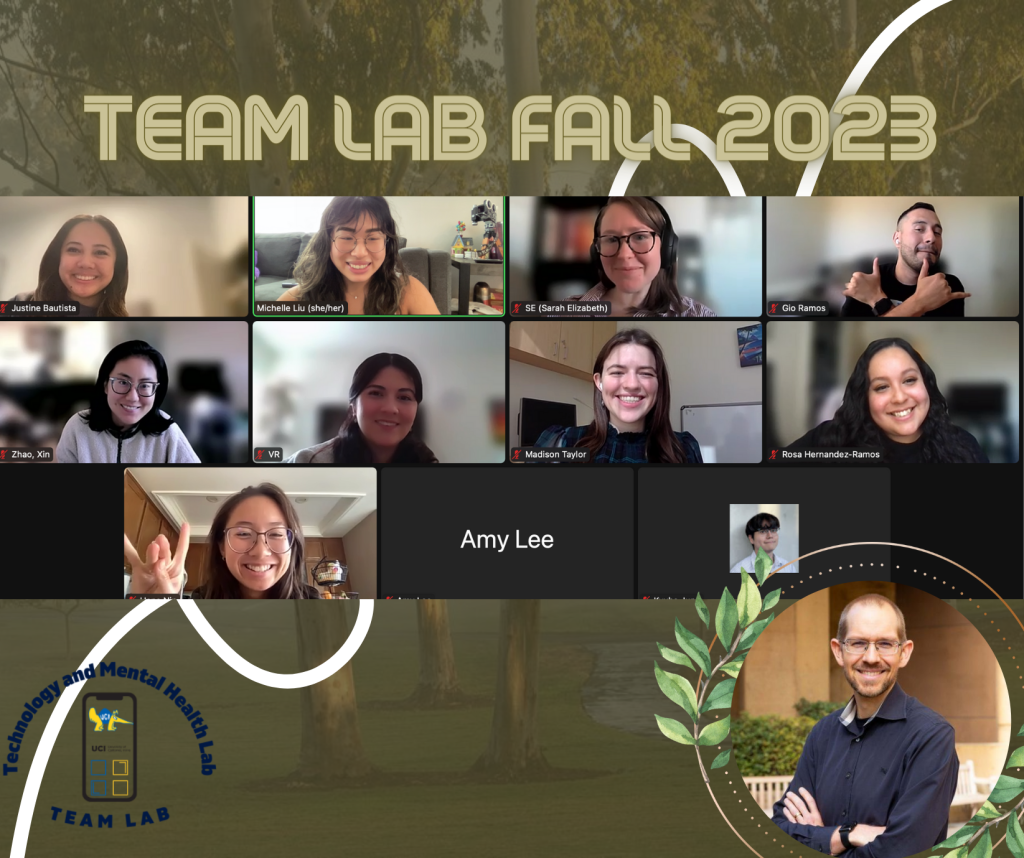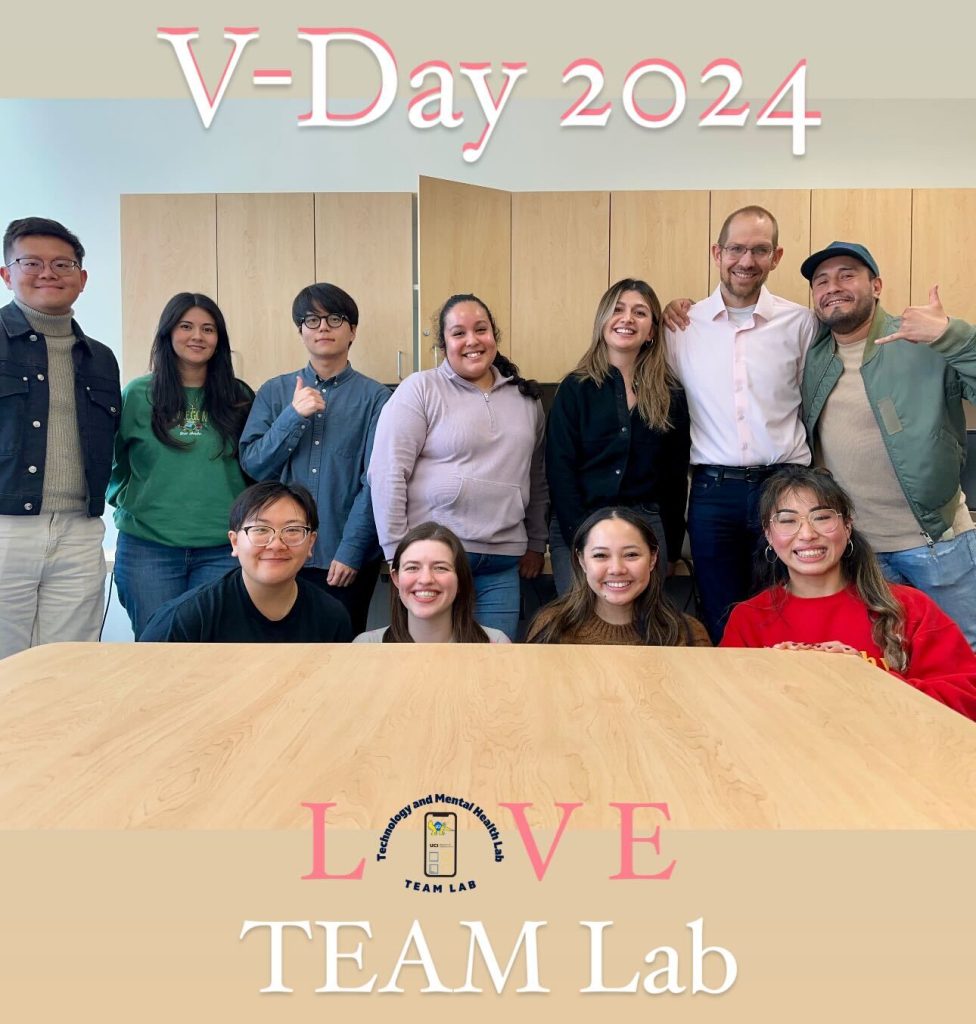ABOUT US
Our major focus is on digital mental health interventions and expanding their access to different and diverse settings and populations.
Help @ Hand
Help @ Hand is part of a 15-County innovation project funded by the Mental Health Services Act. The goal of Help @ Hand is to learn where and how digital behavioral health technologies fit within the behavioral health care system (i.e. how can people access digital technology to improve their well-being). We aim to also increase access to mental health care and support and to promote early detection of mental health symptoms, or even predict the onset of mental illness. With our research team, project staff members are researching how various technology-based apps can assist individuals in using technology to support their wellness. Each county in Help @ Hand is testing apps with different community groups to study their impact on a variety of health and wellness issues. Through the utilization of multiform-factor devices, such as smart phones, tablets and laptops, as a mode of connection and treatment to reach people who are likely to go either unserved or underserved by traditional mental health care, project services will focus on prevention, early intervention, family and social support to decrease the need for psychiatric hospital and emergency care service.
CERES Collaborative

CERES will bring leading scholars and designers together with emerging leaders, promising junior specialists, and entrepreneurs to shape the future of educational and child-focused technologies. We host an evaluation of technologies to support the mental health and wellness of youth and adolescents. The use of real-world evidence to support evaluation of impact of these technologies.
Improving Software Developer Mental Well-Being and Productivity
Today’s software developers collaborate around the world, creating an unprecedented amount of complex software, thanks in part to improved development tools. However, there’s a dark side to this work. Software development can be a very stressful endeavor, with serious negative consequences on one’s mental well-being. The researchers(Primary Investigator: Informatics Professor André van der Hoek & Co-Investigators: Information and Computer Sciences (ICS) Professors Iftekhar Ahmed and Madhu Reddy, and Social Ecology Professor Stephen Schueller) plan to start by studying developers at work through interviews and surveys about their mental health, its impact on their output and various coping strategies. The overall goal of this multidisciplinary collaboration is threefold:
- contribute to discussions around mental well-being in software development to raise awareness, set corporate policy and better train the workforce;
- develop prototypes that will help shape future software development tools; and
- create online resources for instructors to share lessons learned with students who represent future software developers.
Support From Peers to Expand Access | SUPERA
Support From Peers to Expand Access (SUPERA) evaluates the implementation of an evidence-based, Spanish-language, digital, cognitive-behavioral therapy intervention (SilverCloud) in primary care settings for Latino patients with depression and/or anxiety. Primary care is the de facto treatment setting for these common mental health problems, and as demonstrated previously, Latino patients tend to prefer this to referral to special mental health services.
SUPERA will simultaneously assess the most effective ways to integrate SilverCloud into primary care settings and how to best support patients using the digital tool so that they get the most out of it. We evaluate and analyze data, manage relationships with the technology vendor, and examine implementation strategies at the provider level by comparing the efficacy of traditional provider referrals with the use of a clinic patient registry to identify candidates who could benefit from a digital mental health intervention. At the patient level, the researchers will contrast the effectiveness of two modes of delivery of the platform: self-guided v. peer-supported by community health workers from the Latino community, known in this project as promotores.








